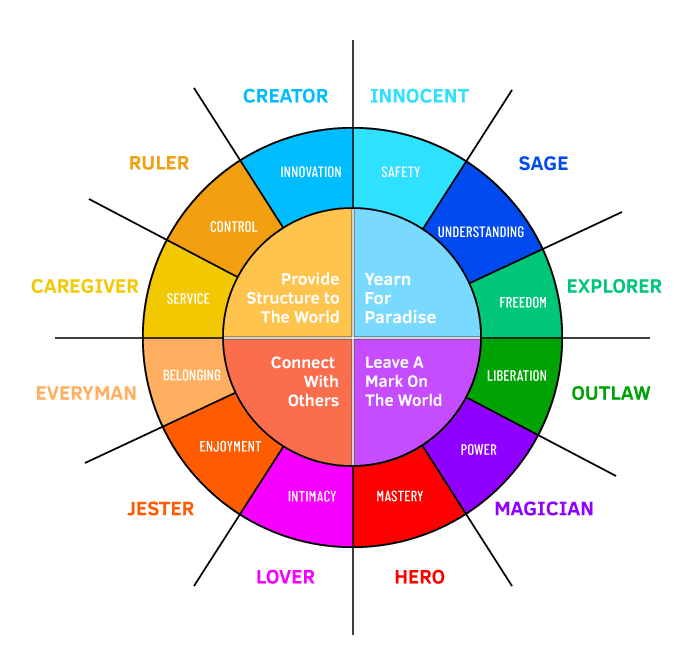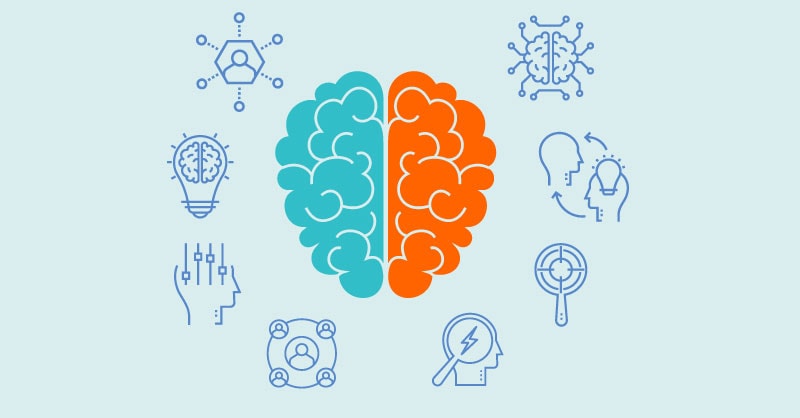The Jung Personality Test, also known as the Jungian Personality Test, is a psychological assessment tool based on the theories of Swiss psychiatrist Carl Jung. The test is designed to assess an individual’s personality traits and preferences based on their responses to a series of questions.
Carl Jung’s theories posited that individuals have four fundamental psychological functions: sensation, intuition, thinking, and feeling. He also believed that people had an orientation towards either extroversion or introversion. The Jung Personality Test is designed to measure an individual’s level of preference for each of these functions and their orientation towards extroversion or introversion.
The test typically consists of a series of questions designed to elicit responses that reveal an individual’s personality traits and preferences. For example, questions may ask about an individual’s preference for gathering information through direct sensory experience (sensation) versus intuitive insights (intuition), or their preference for making decisions based on objective analysis (thinking) versus subjective feelings (feeling).
After completing the test, individuals are typically given a score that indicates their level of preference for each function and their orientation towards extroversion or introversion. The results of the test can be used to gain insights into an individual’s personality traits and preferences, and to help them better understand themselves and their potential career paths.
The Jung Personality Test is often used in career counseling and coaching to help individuals identify career paths that are a good fit for their personality and strengths. For example, individuals who score high on intuition may be well-suited for careers in creative fields, while those who score high on thinking may be better suited for careers in science or engineering.
However, it is important to note that the Jung Personality Test is not a diagnostic tool and should not be used as the sole basis for making decisions about an individual’s career or personal life. Like all personality tests, it is subject to individual interpretation and should be used in conjunction with other assessment tools and professional guidance.
Overall, the Jung Personality Test can be a useful tool for gaining insights into an individual’s personality traits and preferences. Whether used in career counseling or personal development, the test can help individuals better understand themselves and their potential paths in life.




